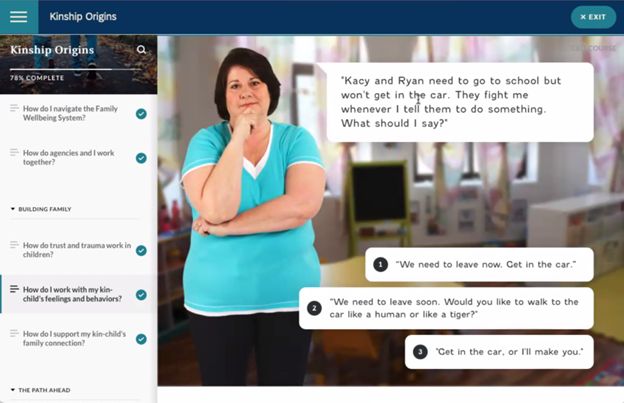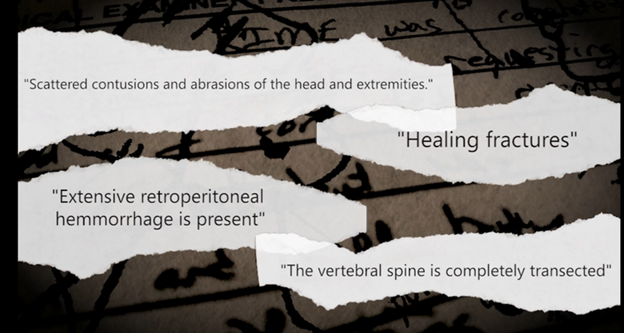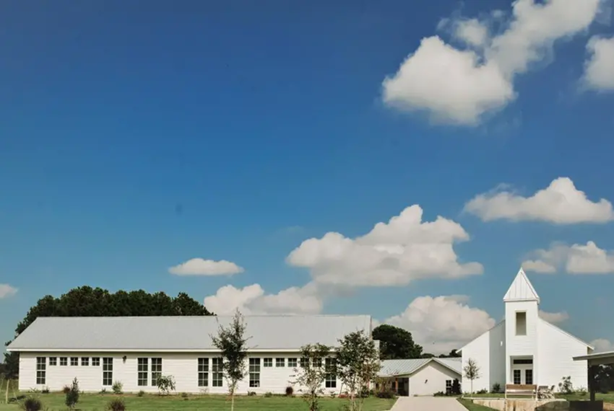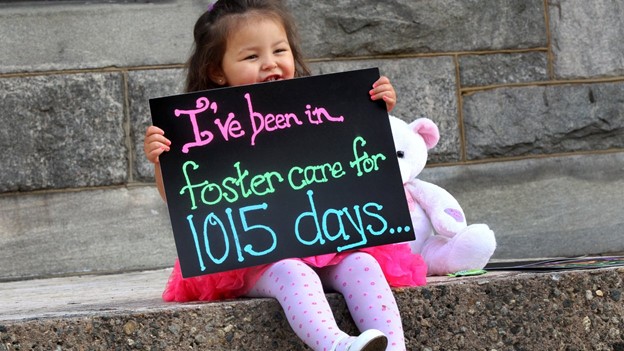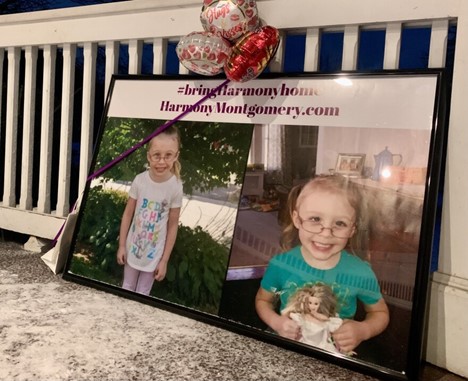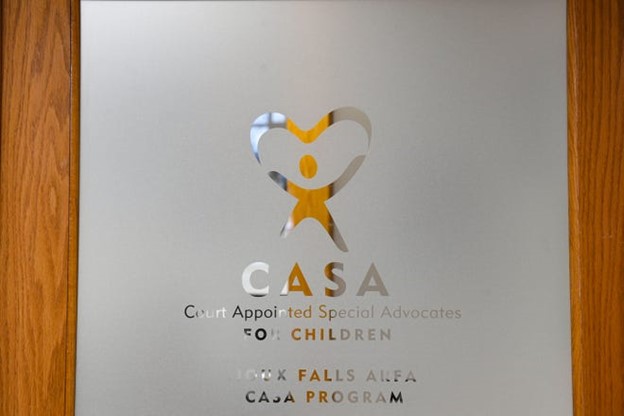Kansas “Kinship” Foster Parents Beg for Support
The foster system in Kansas agrees that the transition to a foster home is easier on children when they’re at least familiar with their new parents. While this may seem patently obvious, very often, it’s a case of beggars can’t be choosers. Robert and Kathleen Raskin make every effort to break it down for everyone from a human perspective.
It’s bad enough to imagine those poor, defenseless children growing up without their parents’ love, support, and protection. Imagine how much happier you’d be if you could at least stay with your grandparents, aunts and uncles, and cousins? These are people who share blood and history and can shed light on the all-important family story during those critical years of growing up and forming an identity.
This is why Kansas agrees that the most humane course of action is to place children with eligible next of kin whenever possible. Unfortunately, this seems to coincide with a sense that the motivation for a family to care for their own makes them not need money from the state. This can be a double-edged sword. On the one hand, it certainly gives no ulterior financial motives, but on the other, these kids often need extra support from families without extra resources.
While we think family should always do the right thing, it makes sense that if the courts are involved in the first place, then the same provisions should be followed. If they vote down the option for the money, then the courts shouldn’t have a say unless there is no next of kin to take children in. But that’s just my POV. What do you think?
Feel free to read up on this ongoing issue and let us know your thoughts: https://www.kcur.org/2022-02-08/family-and-friends-who-take-on-foster-kids-in-kansas-say-they-need-more-support-from-the-state
